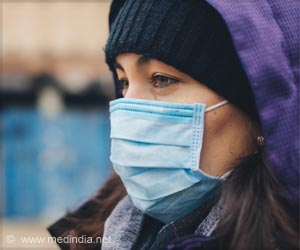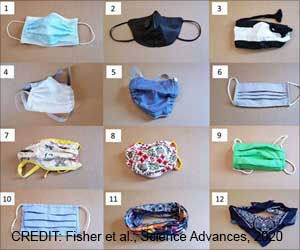Comments on Drugs Banned in India
Total Comments : Page 1
Drugs Banned in India
Several drugs are either banned or withdrawn after introduction in the market.
I support the article as it is one of the few articles to guide the 'state-misguided' citizens of this administratively neglected country. Yet I find it dificult to find out the names of the brands which contained Fenfluramine [Pondimin] and Dexfenfluramine (Redux). I feel that citizens in India are not only suffering of apathy by the State but sometimes the silence of the State, which is many a cases has been spelled differently as 'corruption'. Poor citizens are suffering because the governments wont take action on the murderous companies and our representatives being hand (dirty, bloody) in glove (of the corporates).
Time and again Indian citizens are tested like guinea pigs, most suffer to the last with their families in a state without healthcare insurance. Yet shameless heads claim to have made our country a super power e.g.; IT power: I fail to understand how can a country can be powerful in IT when it neither has a Operating System of its own and when it has yet to manufacture a hardware chip for a 'scientific calculator'?
I again request, if anybody knows to help me by disclosing the brands which contained which Fenfluramine and Dexfenfluramine. Many are sufferring heart fibrosis, PPH, ...it is for them to know, what exactly happened to them?
ManujMM08/30/2012
Reply | Forward
Drugs Banned in India
Several drugs are either banned or withdrawn after introduction in the market.
Human aqueous Placental extract is a very effective drug. It contains several bioactive therapeutic molecules. We [the team of Indian Institute of Chemical Biology, an unit of CSIR India] are working for last 12 years with the extract the trade name is ‘Placentrex’ and identified different molecules with the potent therapeutic efficacy e.g. fibronectin type III like peptide, Bioactive NADPH, PDRNs , some other peptides with protease regulatory property etc. Banning this drug is a loss of a huge number of populations suffering from chronic, non-healing /diabetic wounds, burn injuries, surgical trauma etc. These research findings have been published in highly reputed international (Us and UK based) as well as national journals (ref Pubmed). It’s an Indian drug with a very good reputation in abroad like France, Switzerland, Korea etc. We have been invited several times in abroad (Europe, especially in France) to deliver lectures on ‘Placentrex’ research findings. We are still working with the drug. So far we have not found any adverse effect of the drug. Several clinical studies have also been done on it and these are also published in different peer-reviewed medical journals. Without knowing the rationality, efficacy and safety ‘Banning this highly reputed product of India’ is very much unethical. Banning of such a globally accepted drug must be reconsidered.
p_datt02/17/2011
Reply | Forward
Drugs Banned in India
Several drugs are either banned or withdrawn after introduction in the market.
My strongest support is with the above comments. Research findings on indigenous human placental extract which is available at pubmed[www.pubmed.com]is very rational, based on extremely scientific foundation. Efficacy of the drug is unquestionable and it has been accepted by the global scientific community through several high rated international and National scientific journals. Banning of such a successful Indian formulation is a shame for the country itself. Through the research on this placental extract our country has been glorified several times. Without knowing the actual fact, banning the drug is a shameful as per my opinion.
chakradhi02/17/2011
Reply | Forward
Drugs Banned in India
Several drugs are either banned or withdrawn after introduction in the market.
My gynaecologist has suggested me take 10 pakcentrex injection in a period of 20 days to open my blocked right fallopian tube. Please advise if I can go for this treatment as I got to know that placentrex is a banned drug. Please help.
varshag09/06/2012
Reply | Forward
Drugs Banned in India
Several drugs are either banned or withdrawn after introduction in the market.
can you please give the references for this artcle
Hafeez01/26/2011
Reply | Forward
Drugs Banned in India
Several drugs are either banned or withdrawn after introduction in the market.
if it is a product derived from human tissues, can it transmit infectious diseases such as HIV ? I also have not seen any publications regarding its efficacy.
drgtomar08/24/2011
Reply | Forward











